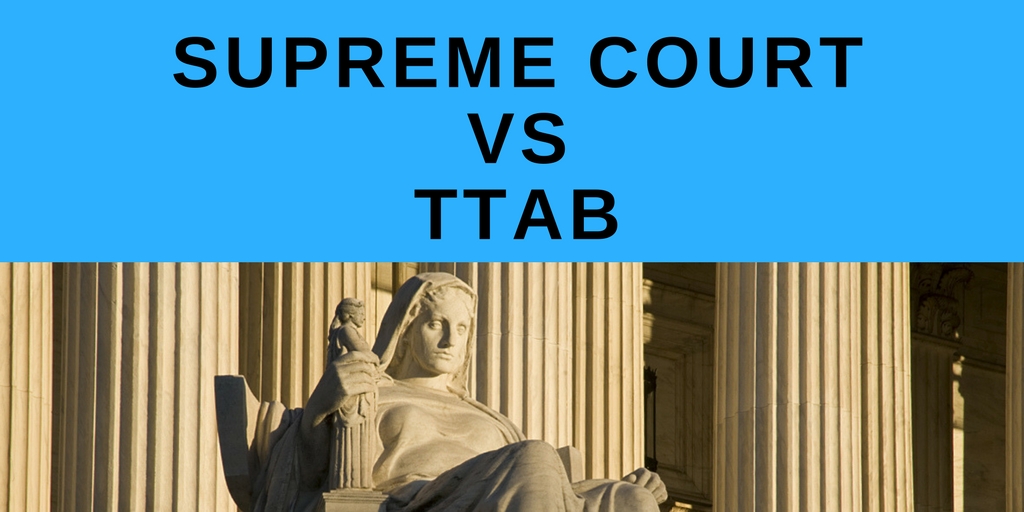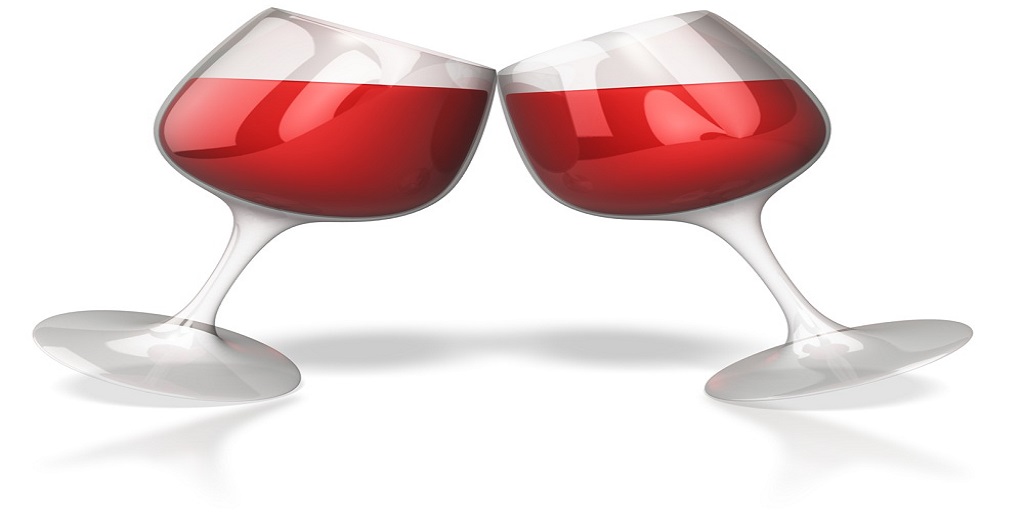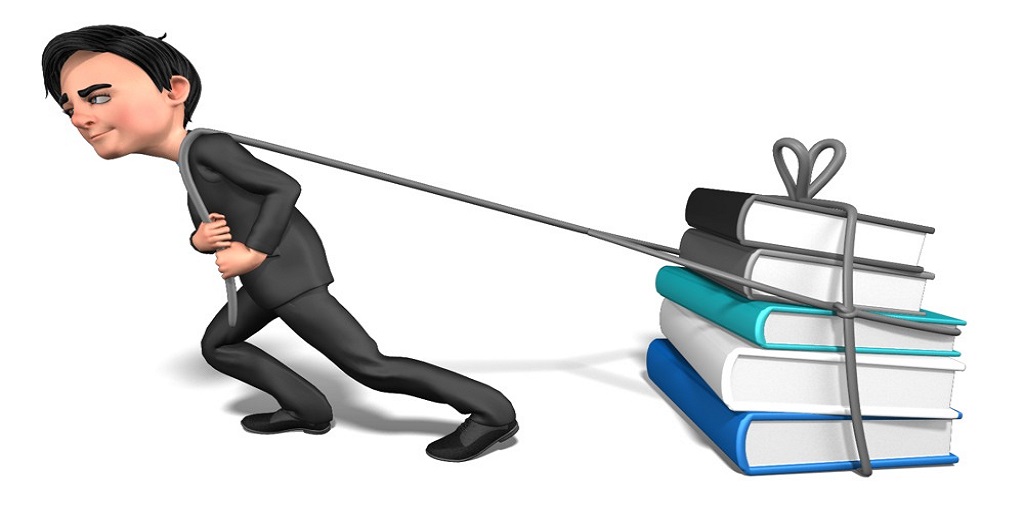U.S. Supreme Court to decide if TTAB rulings matter
Guest Blogger: Ashley Ann Czechowski, University at Buffalo Law student
On December 2, 2014, the U.S. Supreme Court heard oral arguments to decide if decisions by the Trademark Trial and Appeal Board (TTAB) to refuse or cancel registration of a trademark should be binding in subsequent trademark infringement litigation.
In the case of B&B Hardware, Inc. v. Hargis Industries, Inc. the TTAB held that Hargis could not register its “Sealtite” mark. The court found that the mark presented a likelihood of confusion with B&B’s previously registered “Sealtight” mark.
In order to find likelihood of confusion between trademarks, district courts use a different set of criteria than the TTAB. The district courts use whatever they “feel like” using. Some treat it as a question of law, a question of fact or some combination of both. A decision in one court will bar re-litigation of a likelihood of confusion claim in other circuits.
But now, the Supreme Court is being asked to decide whether a TTAB ruling in a registration context should bind the courts in ruling on a likelihood of confusion claim in an infringement case. It may decide whether likelihood of confusion is a question of law or a question of fact. This decision could resolve the Seventh Amendment issue (right to a jury trial) and pave a new path in trademark battles.
- Does a finding of a likelihood of confusion by the Trademark Trial and Appeal Board preclude re-litigation in federal court?
- Alternatively, should a federal court give deference to a finding of a likelihood of confusion by the Trademark Trial and Appeal Board?
Did Congress intend TTAB decisions to have a preclusive effect in subsequent litigation? Because the crux of trademark infringement cases is often the issue of likelihood of confusion, precluding the claim would make infringement actions pro forma.
Hargis argues that the intent of Congress was not to give preclusive effect to TTAB decisions on registrability. This transfers to likelihood of confusion claims as well.
Infringement cases and TTAB rulings are analyzed differently. Infringement claims require a likelihood of confusion resulting from a use in commerce. In contrast, a refusal by the TTAB does not require that either mark actually be used.
So now intellectual property attorneys are waiting with baited breath for a decision by the Supreme Court. The Chicago-Kent State SCOTUSnow blog opines that it’s easy to determine who’s going to win a Supreme Court case based upon the number of questions asked during oral argument. Because the court asked Hargis industries 24 more questions than it did the petitioner B&B Hardware and the solicitor general combined suggests a win for B&B Hardware.






